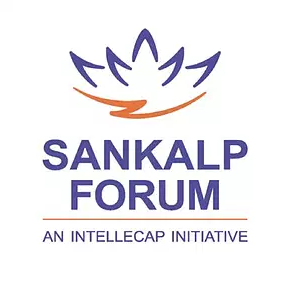It is a sweltering July afternoon in Cuddalore, Tamil Nadu (a South Indian state) where summer temperatures can soar above 45 degrees Celsius. Most ATMs cannot function in this heat, but innovative ATMs designed and manufactured by India-based Vortex Engineering can. In fact, they require 90 percent less power; can generate their own power through solar panels; and are about 50 percent cheaper to operate than most ATMs in the market. As a grocery store owner slides his card into the Vortex-manufactured ATM to in India, 50 such ATMs are also working across the ocean in Nigeria and Madagascar.
Another innovative financial product targeted at communities like those in Cuddalore also launched in India in 2013. m-pesaTM, is a mobile money service being jointly rolled out by Vodafone and ICICI Bank. Developed and scaled in Kenya, and also widely celebrated as a triumph of social innovation – m-PesaTM aims to facilitate cashless transactions for millions of Indians without access to formal banking services. Vortex and m-pesaTM’s examples aren’t just “what if” scenarios, but part of the growing reality of India-Africa innovation transfers.
India and Africa may have vastly different local cultures and contexts, but they face similar development challenges of social inequity and environmental unsustainability that need solutions under severe resource constraints and over crunched timescales. As early as 1987, Amartya Sen (Indian economist and Nobel laureate) wrote a white paper on “India and Africa: what do we have to learn from each other”. He explored themes of food security, political stability and women’s empowerment. The message he sought to give almost 40 years back seems clear: While developing countries can be “patriotic” about how well equipped they are to solve their own challenges; there is every reason to be “democratic” about the solution itself and be open to learning from each other.




